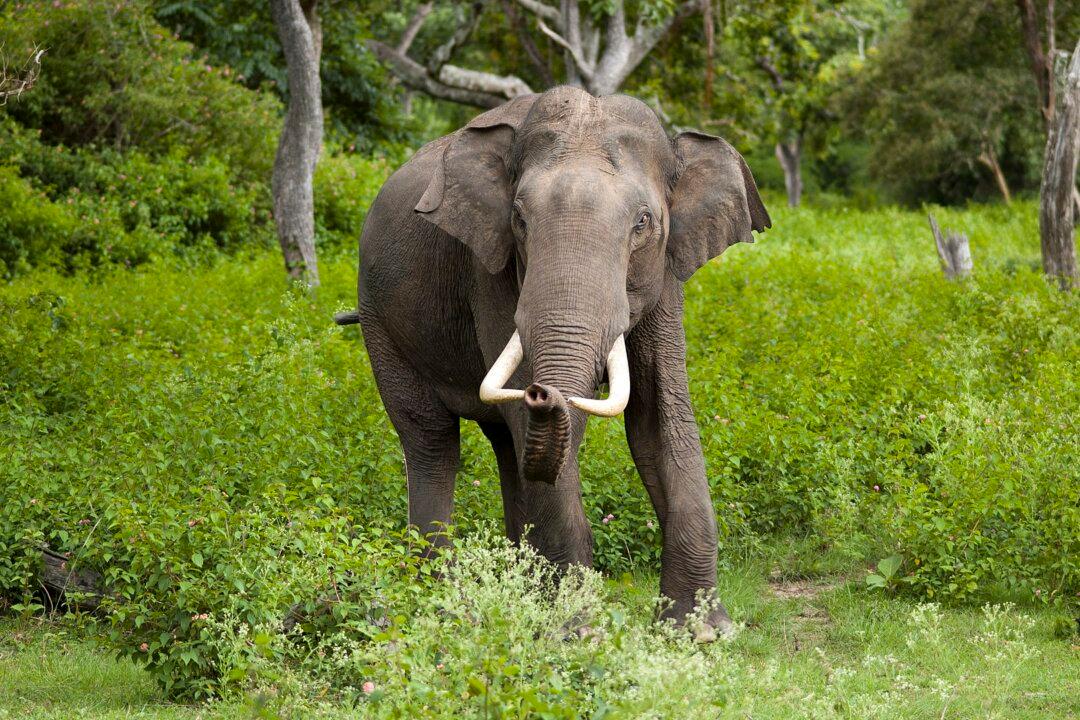In the 19th century, colonial Britain controlled much of the Indian subcontinent, and by the early 20th century, it had colonized Burma (also known as Myanmar). In his 1936 essay, “Shooting an Elephant,” British writer George Orwell, was a young police officer in Burma. Orwell’s essay reflects on the evil of totalitarianism as shown by Britain’s colonization of Asia.
In the essay he describes how, against his better judgment, he wound up shooting an elephant. Domesticated but in “musth,” (the Hindi word which describes a normal period of heightened male elephant testosterone), the escaped animal had been rampaging and had killed an Indian peasant, while the elephant’s Indian mahout, or elephant keeper, was away.




